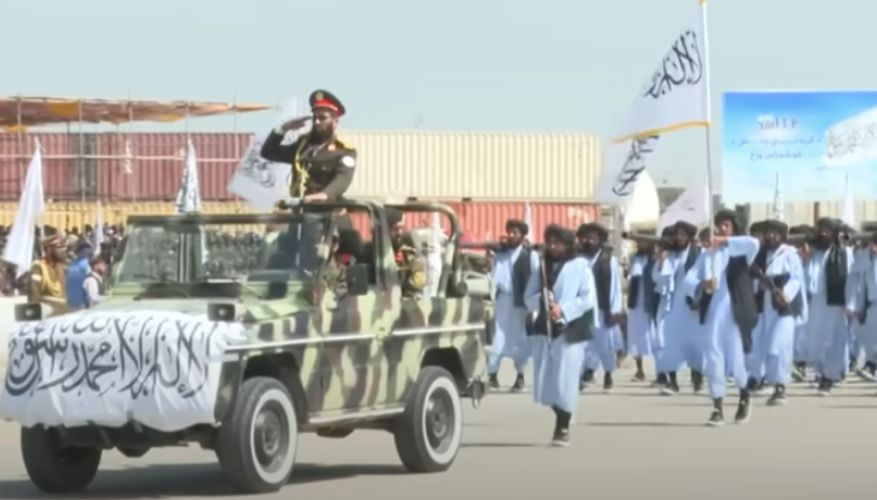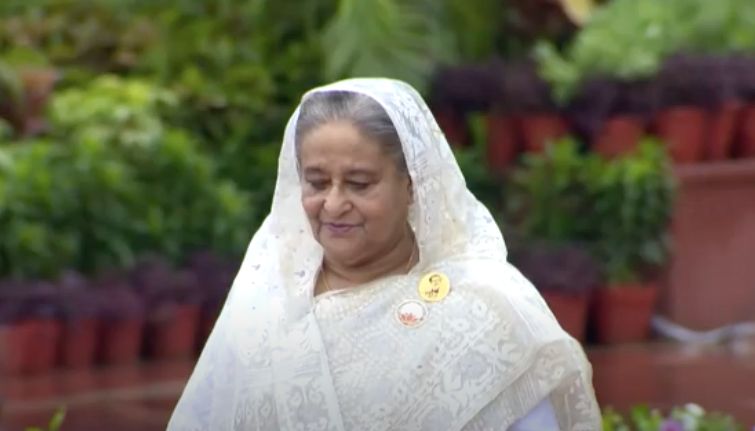
The Taliban’s recent implementation of a strict public morality law has exposed deep divisions within the group’s leadership, raising concerns about the future stability of Afghanistan, according to Al Jazeera.
The law, which includes bans on music and women speaking in public, has drawn widespread international condemnation and fuelled internal unease. It highlights the dominance of the “old guard,” led by Supreme Leader Mullah Haibatullah Akhundzada, who favours a hardline approach to governance.
This stands in contrast to the promises of a more moderate “Taliban 2.0” made by some officials in the lead-up to the US withdrawal. However, Akhundzada’s consolidation of power, including cabinet reshuffles and the sidelining of moderates, has dashed hopes for reform.
Interior Minister Sirajuddin Haqqani has publicly criticized Akhundzada’s power grab, hinting at growing internal tensions. While Akhundzada has called for unity, his actions suggest a suppression of dissent and a prioritization of ideological purity over pragmatism.
This internal power struggle has significant implications for Afghanistan. Growing public dissatisfaction with the Taliban’s policies, coupled with ongoing international isolation, is creating a volatile situation. Efforts to secure international recognition and aid are being undermined by the hardline approach, potentially leading to further economic hardship and instability.
Experts warn that Akhundzada’s strategy could backfire, fuelling further internal divisions and potentially leading to fragmentation or even rebellion within the Taliban. The future of Afghanistan hangs in the balance as the Taliban grapples with this internal power struggle and its consequences.






